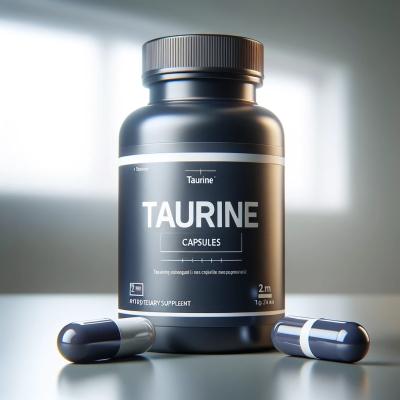
Taurine Deficiency in Blind Cats
In a new study involving mice, non-human primates, and humans, a supplement of taurine lengthened healthy lifespan.
The story starts with cats going blind. It was found that the cats going blind were lacking one key nutrient: taurine. Many years later it was found that heart rate and cardio-metabolic disorders were often caused also by this deficiency. Then, other conditions were also discovered to be associated with this deficiency.
Project Curiosity
Starting in 2011, a deeper investigation into taurine and its effects on the human body ensued by Dr Yadav and other researchers around the globe. They discovered that levels of taurine goes down in aging humans, monkeys, and mice. So the question was asked: is this deficiency causing aging or is it just a benign condition of aging? In a mouse study, they found supplementing the mice with taurine to maintain normal levels caused the mice to live 10-12% longer. The study also showed they had lower obesity and glucose tolerance, better insulin tolerance, better bone density, better brain function, better muscle function, and the immune system similar to young mice. This all showed that a deficiency in this vital molecule is a driver of aging. Taurine also decreases the process of senescence, increases stem cell production, and more.
What About Effects on Humans?
Studies on primates, more closely related to humans, showed similar effects. However, a proper randomized double-blind study on humans has not been done. Therefore, only association has been shown so far, not causation. The clinical study will be done within the next year if funding can be obtained. No recommendations are being given for taurine supplementation for humans until the proper study on humans is completed.
In future studies, how will the researchers determine if lifespan is increased? Markers in the blood can be checked for organ health. Also brain, eye, muscle, skin aging can be checked, comparing conditions at the beginning of the study and at the end, 6 months or a year later. The study will even be able to tell aging of specific organs.
What is Taurine?
Taurine is an amino acid, but not a typical one. Typically, amino acids get built into proteins, but taurine, for the most part is a free-floating molecule within the cell. It has been shown to regulate osmosis and oxidative stress in the cells.
Source: Mobeen Syeed, MD interviews Dr. Vijay K. Yadav
"Dr Been" has a YouTube channel chock full of useful current unbiased medical information. If you are truly interested in your health and also want help understanding how human bodies work and interact with medicines and supplements, subscribing to his channel is a must.
